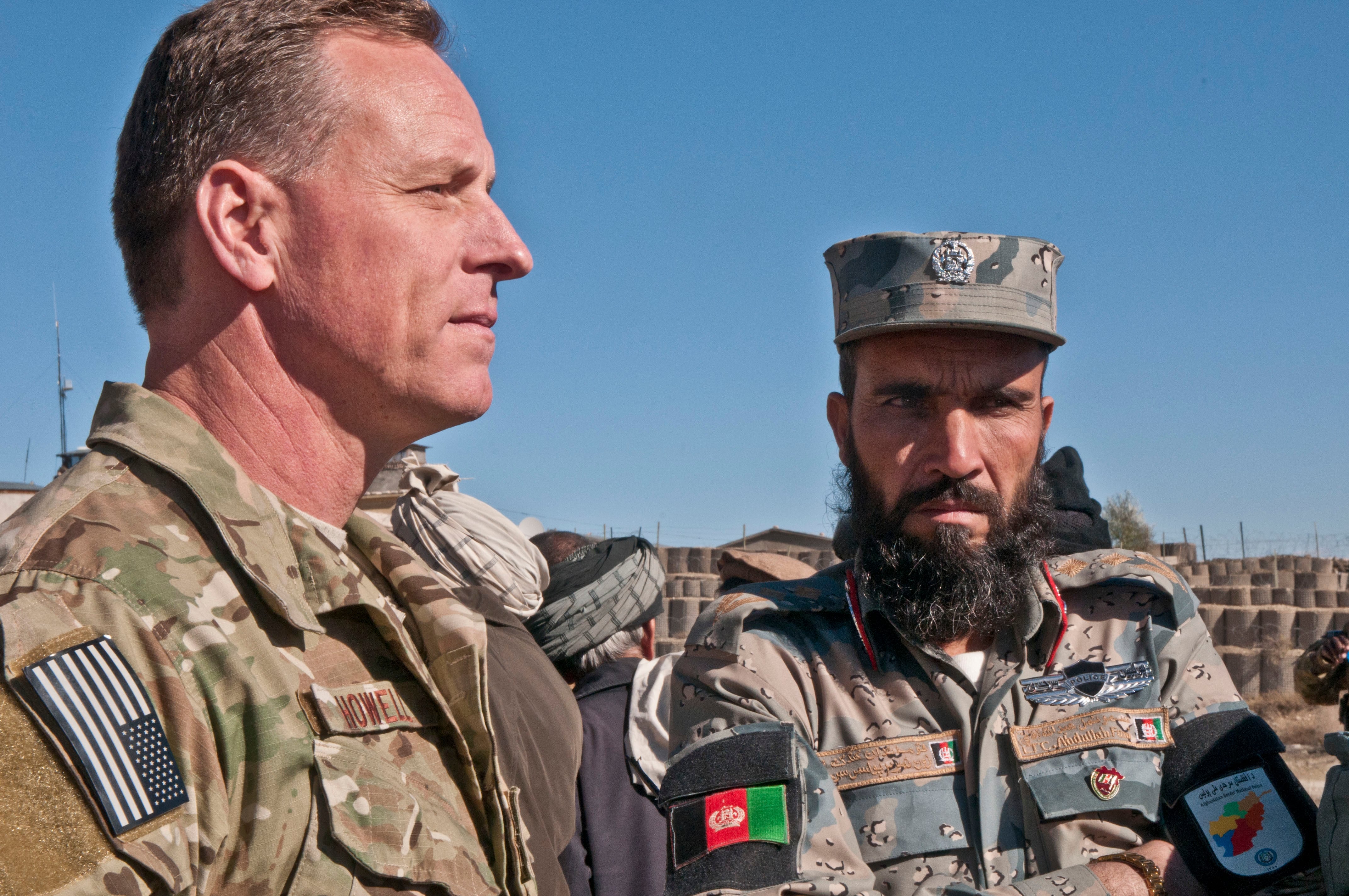Joint Special Operations Command, commonly called JSOC, will likely be led by an Air Force officer for the first time since the storied group was born out of the Iran hostage crisis in 1980.
Lt. Gen. Scott Howell was announced this week as President Donald Trump’s nominee to lead the unit that oversees elite special mission units from the larger U.S. Special Operations Command, including the Navy’s SEAL Team 6, the Air Force’s 24th Special Tactics Squadron and the Army’s 1st Special Forces Operational Detachment, better known as Delta Force.
The 14 previous commanders of JSOC, with the exception of Navy SEAL Admiral William McRaven, were all Army officers who rose through the ranks of the Army Rangers or Army Special Forces teams.
JSOC’s current commander, Army Lt. Gen. Austin Miller, has been commanding the unit since March 2016.

Howell is a career helicopter pilot who currently serves as vice commander of SOCOM. He was commissioned through the Air Force Academy in 1987 and earned his aviation wings at Fort Rucker, Alabama.
Throughout his career, Howell conducted rescue and special operations missions in Iraq, Kuwait, Bosnia, Haiti, Kosovo, Mozambique, Djibouti and Afghanistan, according to his official biography.
Prior to his current assignment, Howell served as the commanding general of NATO Special Operations Component Command-Afghanistan, Special Operations Joint Task Force–Afghanistan out of Bagram Air Base, Afghanistan.
While there, he exercised command and control over all U.S. and NATO special operations forces maneuvering in Afghanistan.
JSOC was formed in the aftermath of Operation Eagle Claw — the failed rescue attempt of U.S. embassy staff held hostage in Tehran, Iran, in April 1980.
The rescue mission was aborted after rugged desert conditions damaged multiple aircraft prior to arriving at the staging area. As the aircraft were leaving, a rotary blade on one of the helicopters struck an EC-130, triggering an explosion that destroyed both aircraft and killed eight men.
“The commanders decided to load everyone on the remaining C-130s and abandon the four functional helicopters,” according to Defense Department archives.
The mission’s failure, and the humiliation it brought on U.S. leadership, supercharged the establishment of a dedicated special operations command and its subordinate structures.
In addition to running the elite special mission units, JSOC studies, plans and conducts joint operations involving special operations troops from all services.
The commanding position over JSOC requires Senate confirmation, but if Howell’s nomination goes through, he’ll be bringing an aviation and branch expertise into the leadership role that is rare in the unit’s more than 30-year history of shadowy operations.
Kyle Rempfer was an editor and reporter who has covered combat operations, criminal cases, foreign military assistance and training accidents. Before entering journalism, Kyle served in U.S. Air Force Special Tactics and deployed in 2014 to Paktika Province, Afghanistan, and Baghdad, Iraq.




